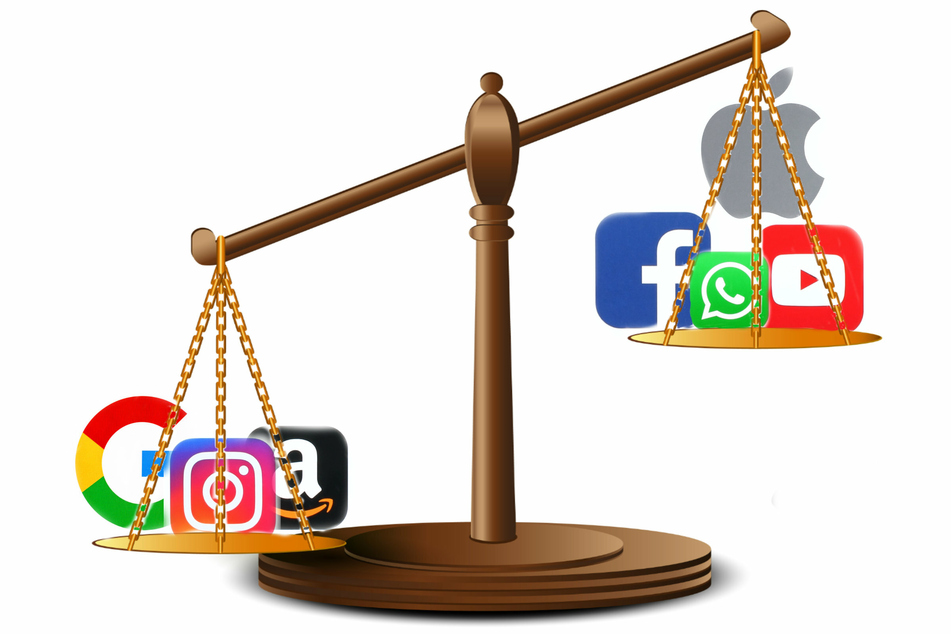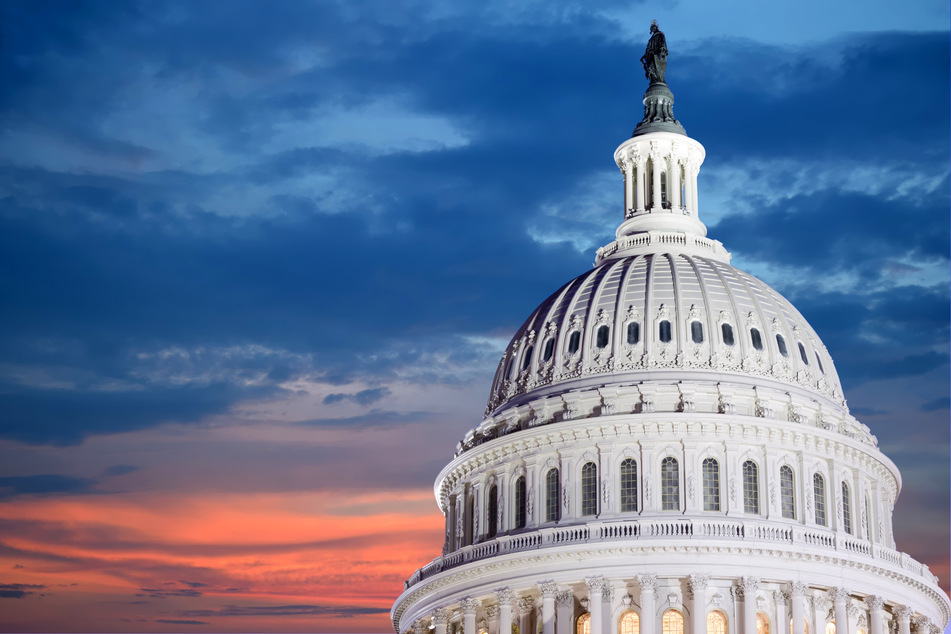Big tech is about to go up against even bigger legislation as Congress lines up antitrust bills
Washington DC - Five brand new antitrust acts are about to sweep Congress, and with the same bi-partisan power that drafted them, they may be the start of a new era of restructuring for big tech companies like Apple, Microsoft, Google, Facebook, and Amazon.

The amount of money big tech spends on legal teams handling lawsuits, maintaining corporate image, and fighting accusations of unfair trade practices is already considerable.
That outlay might be getting even bigger now that powerful lawmakers are teaming up to submit legislation designed to even the playing field a little bit. And the efforts are distinctly bi-partisan, according to Axios, as reports show that both major parties have collaborated on five new bills set to take on some of the biggest corporations in the world.
The White House has even issued a statement regarding the new bills, saying: "The power of dominant big tech firms hurts small businesses and stifles the kind of innovation that makes America the world’s leading economy."
So it appears that the current administration definitely has Congress' back as these potentially historic pieces make their way through the Legislative Branch.
"Each of these bills addresses an important problem and we’re encouraged that there is strong bipartisan interest in tackling these issues," the statement added.
These bills are not entirely out of the blue, particularly in light of headline-making acquisitions and major legal battles such as between Apple and Epic Games over how Apple runs its App Store to the exclusion of third parties.
Major players in the spotlight

The American Innovation and Choice Online Act has the goal of protecting weaker business rivals from strong companies that have more power to control prices to their advantage. Amazon has already been under fire for price-control tactics that have forced third party sellers to give all business back to Amazon.
The proposal would also set controls for the bigger device app stores that also don't always play well with third-party app makers.
The second piece of legislation, The Platform Competition and Opportunity Act, will require companies to prove that big acquisitions aren't going to hurt their competition.
Third is The Ending Platform Monopolies Act, and its measures target companies providing competing services on a platform already owned by the them. If passed, this could mean a company like Google wouldn't be allowed to own YouTube. According to a report from the Center for American Progress, it is the ad revenue that influences Google to prioritize search results from YouTube, which makes things inherently unfair, particularly when Google handles a staggering 60% of the country's internet search volume.
The Augmenting Compatibility and Competition by Enabling Service Switching (ACCESS) Act is slated to facilitate competition by giving platform users the power to choose to move their data from one platform to another. Although there have been previous collaborations between Google and Microsoft to offer data transfer, it didn't really take off.
Currently, most people who download their data from a platform seldom make efforts to then re-upload all of that to a different platform. Most just take advantage of connecting accounts to make the same post simultaneously from Instagram to Facebook and Twitter, for example.
Finally, The Merger Filing Fee Modernization Act will grease the wheels of regulators by stamping bigger fees on giant mergers ($1 billion and upwards), which should also provide more funding and power to corresponding enforcement agencies.
Cover photo: collage: 123RF/ kornienko & rvlsoft &Elena Titova
